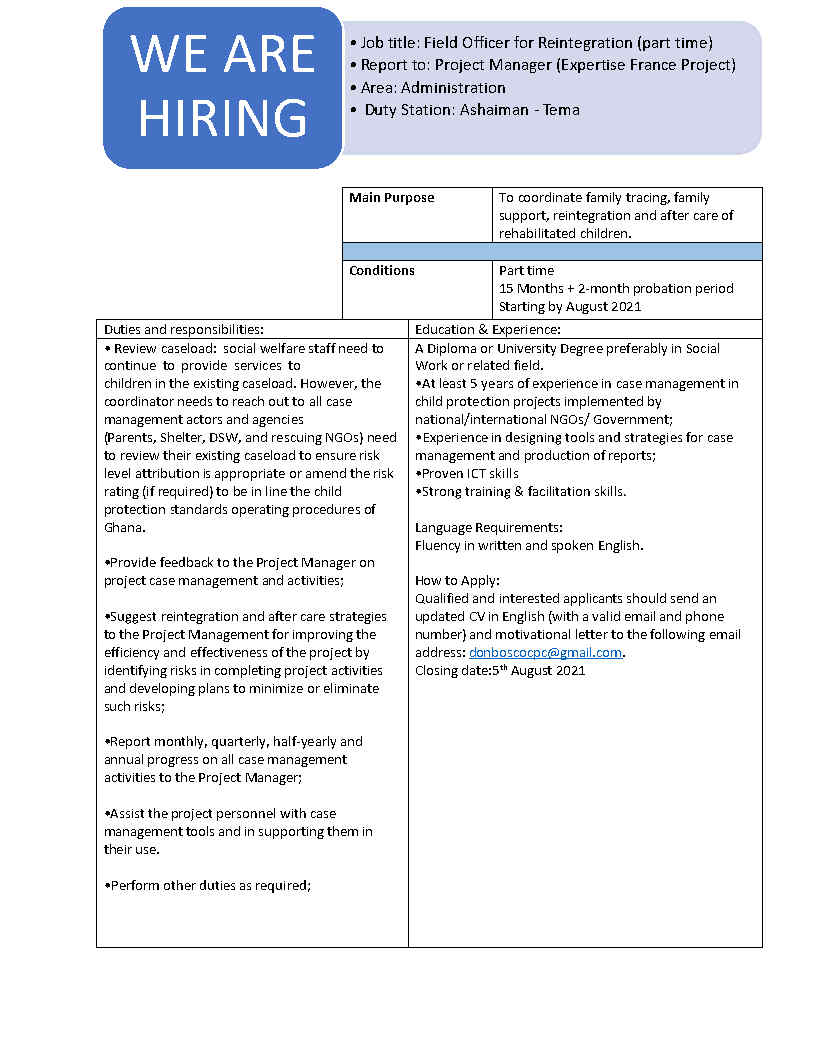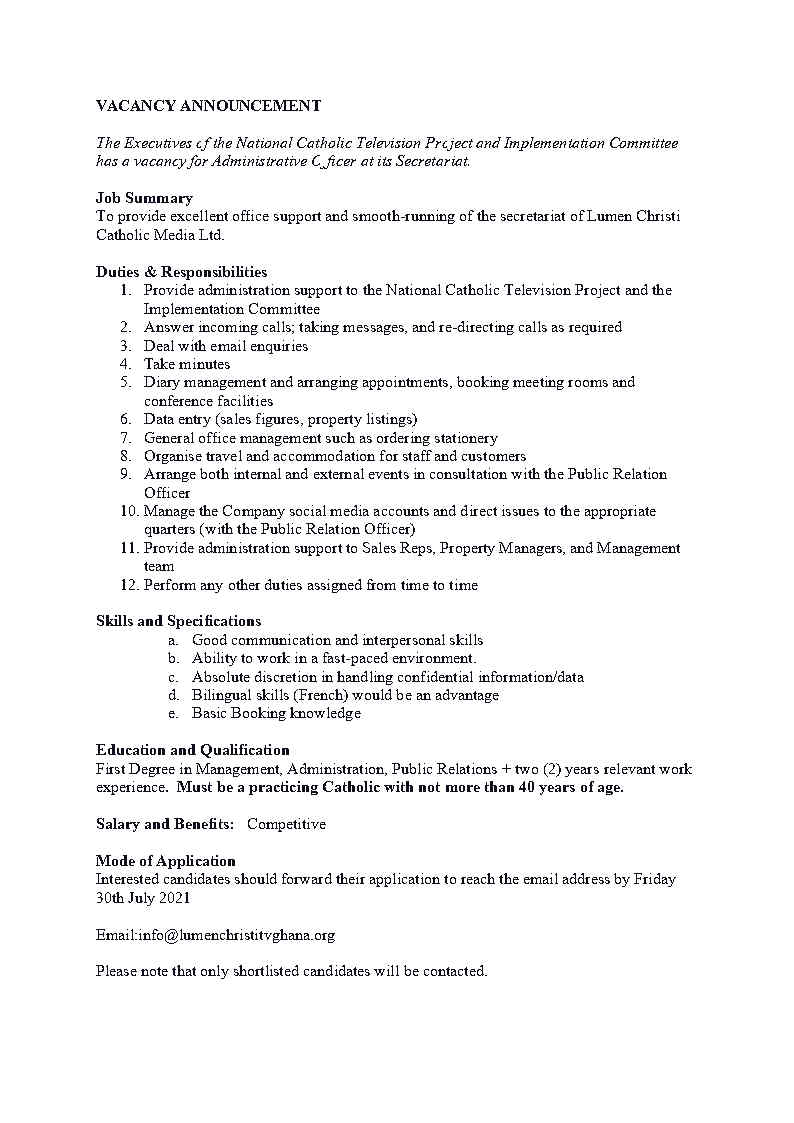Over the past decade, our screens and newspapers have been plagued with news of outbreaks of ravaging viruses that cause various fatalities among people from all walks of life. Key among them are the avian flu, hanta virus, swine flu, zika virus and the recent SARS-COV 2 (COVID-19).
Consequently, some people have been puzzled with some of these developments as they seem very strange; how these species have not been in existence but have to be discovered now.
In essence, they clearly doubt if these identified species really exist, to the extent many believe that most of them are genetically engineered in the lab to annihilate humanity whiles some also think they are attributable to spiritual manipulations. Even now, people doubt if COVID-19 really exists although figures are being broadcasted all over.
Nevertheless, these micro-organisms have been painstakingly studied by scientists through evidence-based procedures for many years with a large number yet to be discovered.
A research states that about 1 trillion species of microbes could exist but only one-thousandth (1/1000) of 1 percent have now been identified, meaning there may be a lot of them yet unknown to us. Viruses, bacteria, fungi and many other microorganisms are invisible to the naked eye (except a few fungi).
They have generally been known to exist with humanity from time immemorial as most of them do not cause disease, provided the host has a good immune system.
However, in case they are found in their correct habitat in an acceptable quantity, some of them cause damaging effects to the human body (even if the host is exposed to a small quantity of them), causing death within a short time. Like a raging fire, they invade healthy cells, reproduce rapidly, interfere with the cells’ normal functions and break them down, i.e. having a general effect on the tissues and organs of which those cells belong.
The condition becomes even more prominent if the effects of these pathogens are not only confined to their area of infection, as some of them end up causing havoc in the general body of the susceptible individual. For example, the recent COVID-19 virus has been shown not to only affect the cells of the lungs but has the potential to damage cells of the blood, kidneys, nervous system, cardiovascular system and gastrointestinal system.
Biologists and health experts who have conducted various kinds of research into recent outbreaks of infectious disease incidents associate these incidents with certain mutations and some human behaviours worthy of note. Lack of proper personal and environmental hygiene: Improper disposal of waste, which has become rampant because of lack of proper waste disposal sites and toilet facilities, to meet the growing demands of population growth, exposes many humans and animals to various germs.
These potential disease-causing organisms infect these susceptible individuals and cause disease. Overuse of antibiotics (ATBs): since many indulge in purchasing ATBs for themselves, some organisms have grown resistant to these drugs. This makes it challenging for ATBs to work effectively if the system is attacked by the same organism. Food handling: some farmers water their food crops with dirty contaminated water. These water sources contain various microorganisms like E.coli, Salmonella Typhi, etc. which are responsible for some gastrointestinal symptoms.
Upon ingesting these foods in their raw state without proper washing, the consumer suffers adverse effects of these microorganisms. Consumption of contaminated food: with the proliferation of imported food products, many people who patronize these products consume unwholesome food.
Ranging from frozen poultry products to canned foods, some of which have either expired or were poorly handled at the manufacturing and packaging sites, the consumer is at a great risk of contact with germs if they were infected from these sites.
Some people have also formed the habit of eating some animals that were otherwise inedible, like bats and certain insects.
Although their consumption may not be entirely wrong, proper processing is required to ensure foods safety. For example, the consumption of unpasteurized milk has led to some cattle farmers contracting tuberculosis from infected milk. It is clear that our lifestyle has a direct link with the outbreak of infectious diseases. To control or prevent them, we must take all health advice seriously at all times.
Pathogens that cause diseases really exist; doubting their existence just makes us underestimate the harm they can cause, thus making them cause more health problems. However, in general terms, we must acknowledge that we cannot withstand future outbreaks if our health system is not strengthened, so the need for a robust health system.
The author, Eric Blewusi is a Police Officer-Registered Nurse, Public Health Practitioner (MPH) at the Public Health Department of the Ghana Police Hospital, Cantonments, Accra.





